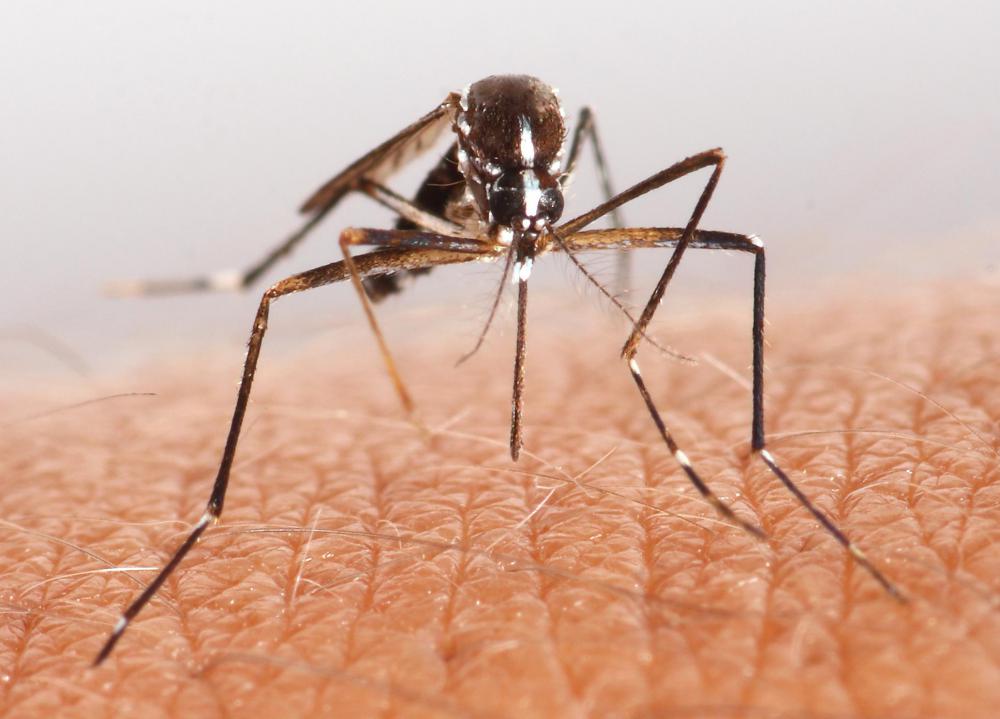At WiseGEEK, we're committed to delivering accurate, trustworthy information. Our expert-authored content is rigorously fact-checked and sourced from credible authorities. Discover how we uphold the highest standards in providing you with reliable knowledge.
What is Disease Surveillance?
Disease surveillance is the process of monitoring the spread of certain diseases in order to establish their progression and minimize the risks of an outbreak occurrence. Aside from predicting the harm caused by an outbreak, disease surveillance also hopes to increase information about possible factors that may contribute to diseases. Most disease surveillance requires gathering information such as the number of cases of a particular disease from hospitals and medical institutions. Due to the advancement in the way people communicate, reporting of such data has become easier.
Many health institutions, such as the World Health Organization (WHO) for instance, are able to report cases of diseases and deaths stemming from certain ailments quickly. This enables them to inform the population of certain diseases that are becoming rampant in a particular location. Preventive measures are then often employed to stop the disease from further spreading.

For more than 40 years, the WHO has required many nations to report on cases of infectious diseases. Throughout that span of time, ailments such as typhus, smallpox, cholera, and yellow fever have been reported to the organization and information about them made known to the public. In 2005, several cases of severe acute respiratory syndrome (SARS) and polio were also reported to the WHO.

Aside from being the lead agency in disease surveillance, the WHO coordinates worldwide responses to any major outbreak of diseases. It has several websites dedicated to various diseases and maintains dedicated teams in countries where such ailments occur. In 2004, the organization's Beijing office produced daily updates on the SARS outbreak in China, keeping the public guarded and well-informed on the said disease. The WHO also has its specialized program called the Epidemic and Pandemic Alert Response that detects, verifies and responds to threats of diseases such as Avian influenza, anthrax, dengue and hepatitis, among many other infectious diseases.

There are also some technical challenges in disease surveillance. For one, the cost of tests for certain diseases can be very expensive. The limited availability of information that is often critical to the study of certain diseases may hamper progress in disease surveillance. One example is the case of Avian influenza A(H5N1), which is prevalent among wild birds in Asia and Africa. There is little available data on the population of these wild birds in the region. This generally prevents researchers and scientists from making headway in formulating policies in combating the spread of the said disease.
AS FEATURED ON:
AS FEATURED ON:













Discuss this Article
Post your comments